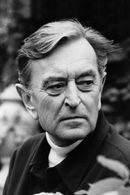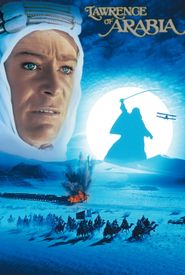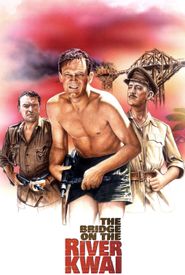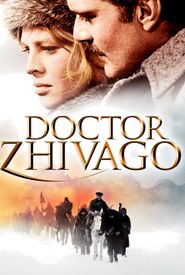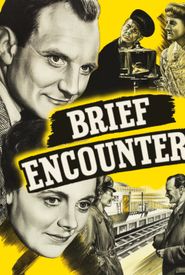David Lean was a renowned British filmmaker born on March 25, 1908, in Croydon, England. He was raised in a strict Quaker family, which ironically prohibited him from watching movies as a child. After briefly considering a career as an accountant, Lean found work at Gaumont British Studios in 1927, starting as a tea boy and gradually advancing to become a chief editor by 1935. He worked on various films, including Pygmalion, Major Barbara, and One of Our Aircraft Is Missing.
Lean's reputation as an editor grew, and he co-directed his first film, In Which We Serve, with Noël Coward in 1942. This collaboration led to the formation of Cineguild, a production company with Lean, cinematographer Ronald Neame, and producer Anthony Havelock-Allan. Lean directed adaptations of three Coward plays: This Happy Breed, Blithe Spirit, and Brief Encounter, which won a Grand Prize at the 1946 Cannes film festival.
Lean's subsequent films included Great Expectations, Oliver Twist, The Passionate Friends, and Madeleine, all under the Cineguild banner. However, the partnership ended due to a dispute between Lean and Neame. Lean's next films were The Sound Barrier, Hobson's Choice, and Summertime, which received positive reviews.
Lean's breakthrough came with The Bridge on the River Kwai (1957),an international success that won seven Oscars, including best film and director. He followed this with Lawrence of Arabia (1962),another epic film that won seven Oscars and cemented his reputation as a master filmmaker.
Lean continued to work with the same team on Doctor Zhivago (1965),which was a commercial success despite mixed critical reception. His next film, Ryan's Daughter (1970),received lukewarm reviews and did not match the success of his previous epics.
Lean's creative output slowed down, but he began working on a two-part film about the Bounty mutiny, which eventually fell apart. He then adapted E.M. Forster's novel A Passage to India (1984),which received mostly positive reviews and performed well at the box-office.
Lean spent the final years of his life preparing an adaptation of Joseph Conrad's novel Nostromo, which was never completed due to his death on April 16, 1991, at the age of 83. Despite his reputation for perfectionism and autocratic behavior, Lean's films have aged well, and his influence can still be seen in modern cinema.
